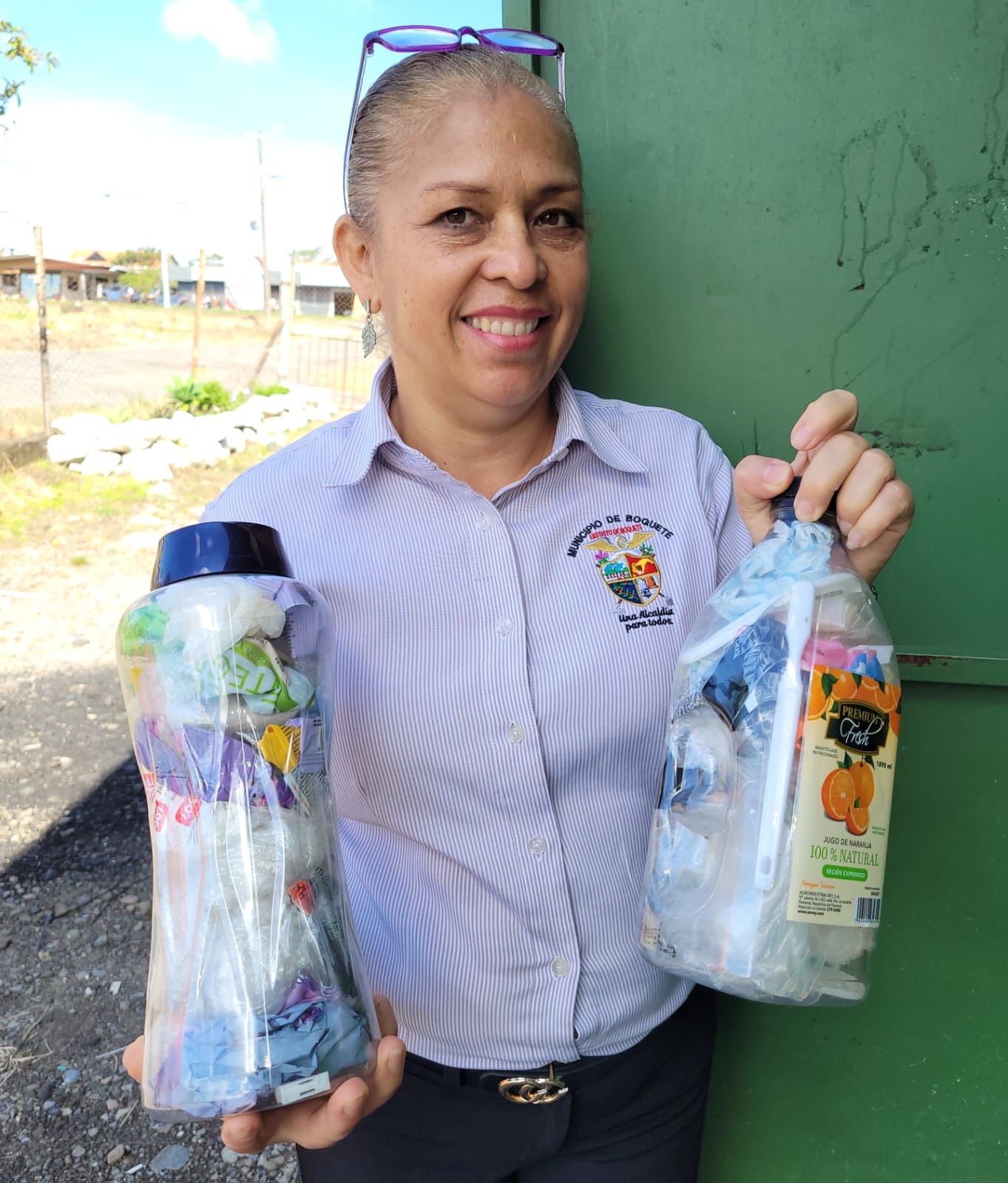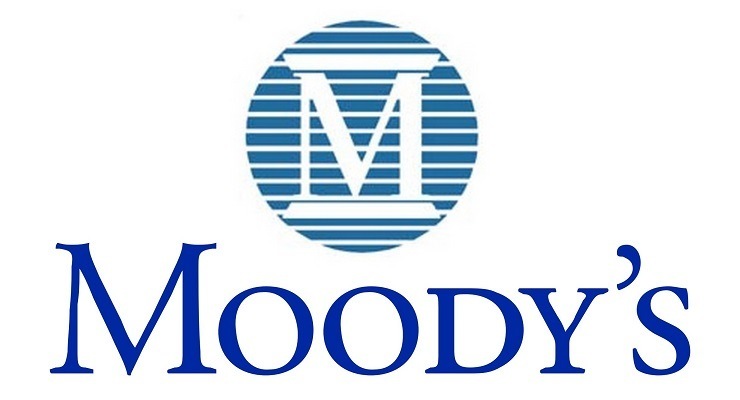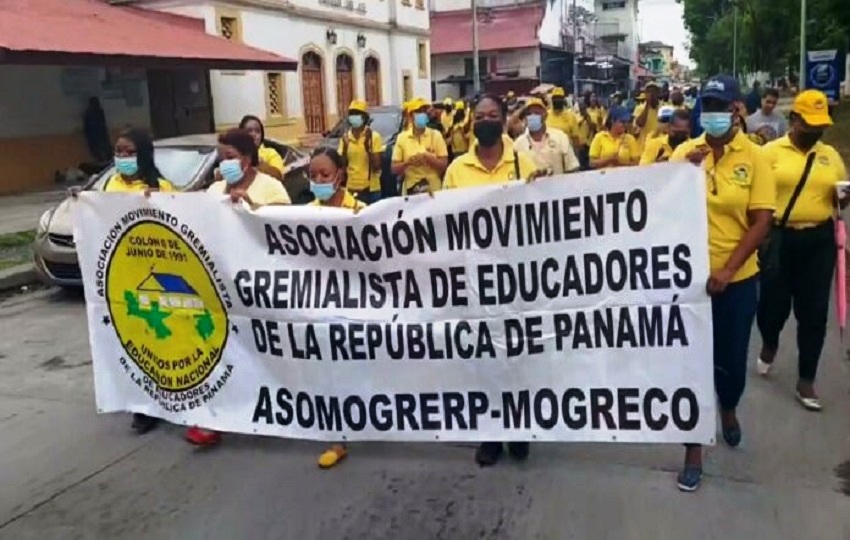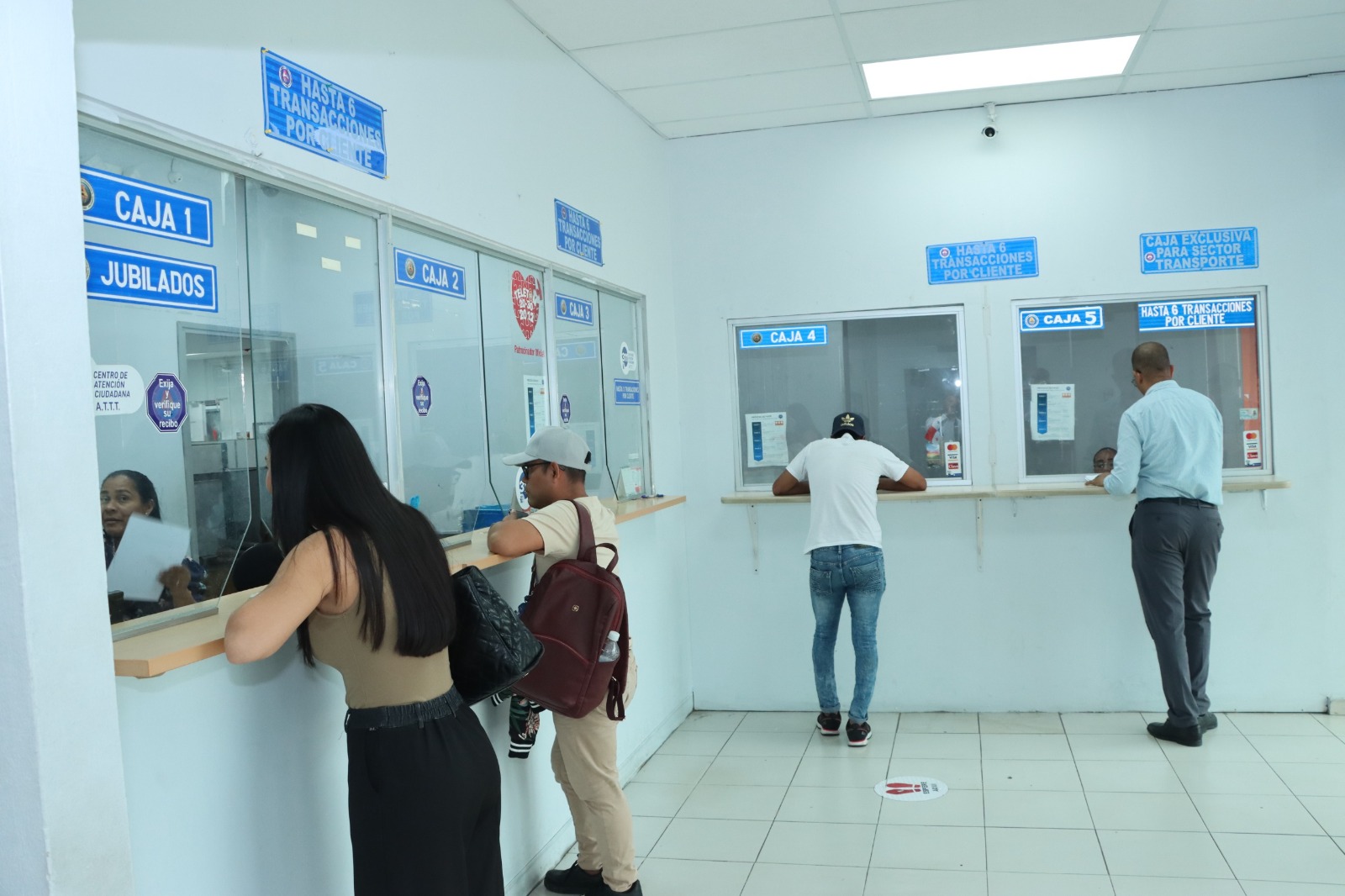What is Document Legalization?

Document legalization is the process of verifying the authenticity of official documents so they can be recognized in a foreign country. It is essential for individuals planning to work abroad, as most governments require verified documents to issue a work visa. Without proper legalization, documents may be deemed invalid, leading to visa rejections and delays.
Legalization ensures that documents such as diplomas, employment records, and medical certificates are properly authenticated. Authorities verify the issuing institution, signatures, and seals to confirm legitimacy. This process protects against fraud and maintains international legal standards.
Difference Between Apostille and Consular Legalization
There are two primary methods of document legalization: apostille and consular legalization. The apostille is a simplified form of legalization used between countries that are part of The Hague Apostille Convention. It requires a single certification from a designated authority.
For countries not part of the convention, consular legalization is necessary. This method involves multiple steps, including notarization, authentication by a government authority, and final approval from the foreign embassy or consulate. Understanding which method applies to your destination country is crucial.
Why Legalization is Necessary for a Work Visa?
Legalization is required because foreign governments need assurance that documents submitted for a work visa application are genuine. Employers and immigration authorities rely on these documents to verify qualifications, employment history, and personal background.
Without legalized documents, applications may be delayed or rejected. Some countries impose strict regulations, making it impossible to obtain a work visa without proper authentication. Ensuring compliance with these requirements increases the chances of a smooth visa approval process.
Types of Documents That Require Legalization
Educational Certificates (Diplomas, Transcripts, etc.)
Most work visas require proof of educational qualifications. Diplomas, transcripts, and professional certifications must be legalized to confirm their authenticity. Many employers will not process work permits without verified academic credentials.
Applicants must first obtain a notarized copy of their degree or transcript. The document is then legalized through either apostille or consular legalization. Some countries also require official translations before submission.
Criminal Record Certificate
A criminal record certificate proves that an applicant has no serious legal infractions. Many countries require this document to ensure that foreign workers do not pose a security risk.
The certificate must be issued by the relevant government authority in the applicant’s home country. After obtaining the certificate, applicants must go through the legalization process to validate its authenticity for immigration authorities.
Employment History and Recommendation Letters
Employers often require proof of previous work experience. Documents such as employment verification letters, contracts, and recommendation letters must be legalized for international recognition.
Legalization services play a crucial role in verifying these documents. Without proper legalization, foreign employers may reject applications, assuming the documents are not legitimate.
Medical Certificates
Some countries require medical examinations before granting a work visa. These certificates confirm that the applicant meets health requirements and is free from contagious diseases.
Medical certificates must be issued by an authorized medical institution. After verification, they undergo legalization to ensure they are recognized by the foreign government.
Other Documents Depending on the Country’s Requirements
Certain professions may require additional legalized documents. For example, lawyers may need a license to practice, while engineers might require certification from a professional board.
Checking specific country requirements in advance can prevent last-minute issues. Ensuring all necessary documents are legalized before applying for a visa can streamline the process.
Step-by-Step Process of Legalizing Documents
Step 1 – Notarization of Documents
The first step in document legalization is obtaining notarization. A notary public verifies the authenticity of the document and the identity of the signatory.
Notarization ensures that the document is legally recognized before proceeding with further legalization steps. It is an essential prerequisite for both apostille and consular legalization.
Step 2 – Apostille or Consular Legalization
Once notarized, documents undergo either apostille or consular legalization. Apostille certification requires authentication from a designated government office, whereas consular legalization involves multiple steps, including approval from the foreign embassy.
Choosing the correct legalization method depends on the destination country’s requirements. Incorrect legalization can result in visa application delays or rejections.
Step 3 – Translation and Certification
Some countries require translated versions of legalized documents. Certified translations ensure that documents are accurately interpreted by the immigration office.
Translations must be completed by an accredited translator. In some cases, additional certification from legal authorities is necessary.
Step 4 – Submission to the Embassy or Consulate
The final step is submitting the legalized documents to the embassy or consulate of the destination country. This step ensures that all paperwork is correctly processed before applying for a work visa.
Timely submission helps prevent last-minute issues. Applicants should verify embassy-specific requirements to avoid unnecessary complications.
Common Mistakes and How to Avoid Them
Incorrectly Translated or Uncertified Documents
Many applications are rejected due to poor translations. Only certified translators should be used to avoid errors.
Submitting Documents Without Proper Legalization
Skipping legalization steps leads to rejection. Double-checking requirements beforehand prevents unnecessary delays.
Not Checking Country-Specific Requirements
Each country has unique legalization rules. Researching in advance ensures compliance and smoother visa processing.
How to Speed Up the Legalization Process?
Using Professional Legalization Services
Professional legalization services can handle the entire process efficiently. These experts ensure documents meet all legal requirements.
Preparing Documents in Advance
Starting the process early prevents last-minute stress. Some legalization steps take weeks, so early preparation is crucial.
Checking Requirements Before Submitting
Reviewing embassy guidelines avoids rejections. Verifying every step beforehand ensures a seamless process.
Conclusion
Legalization involves notarization, apostille or consular authentication, translation, and final embassy submission. Each step ensures documents are valid internationally.
Properly legalized documents increase the chances of visa approval. Avoiding mistakes ensures a smooth immigration process.
Using professional legalization services simplifies the process. Experts can navigate complex requirements, saving time and effort.
“Failing to prepare is preparing to fail.” – Ensuring all documents are properly legalized is the key to a successful work visa application.





